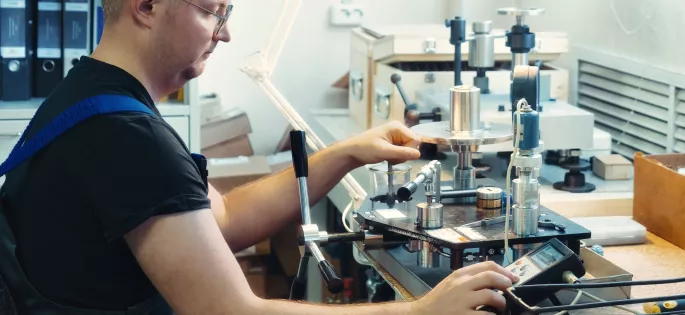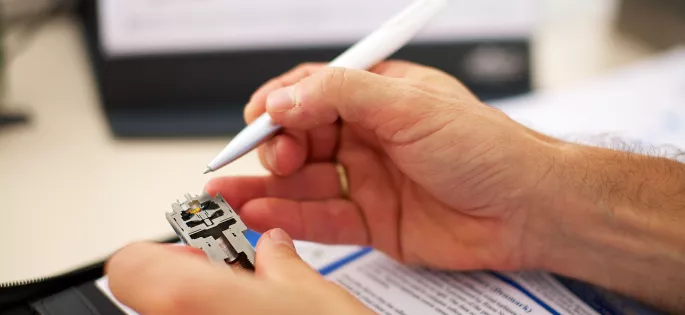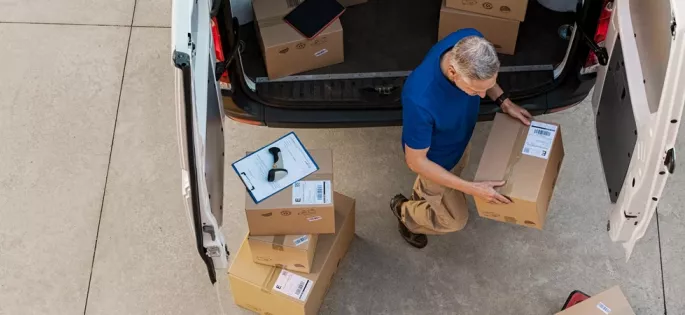Tilt measurement system for safer heavy-duty transports
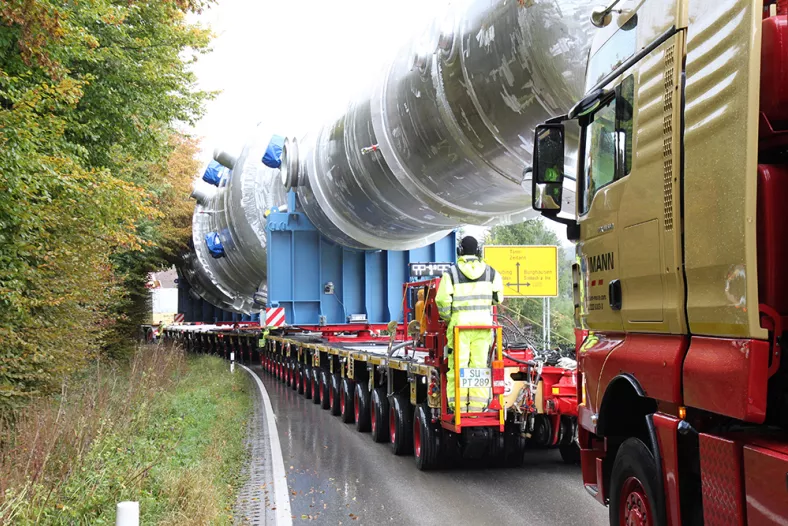

Precision meets innovation: measuring systems for the highest demands - complete and efficient.
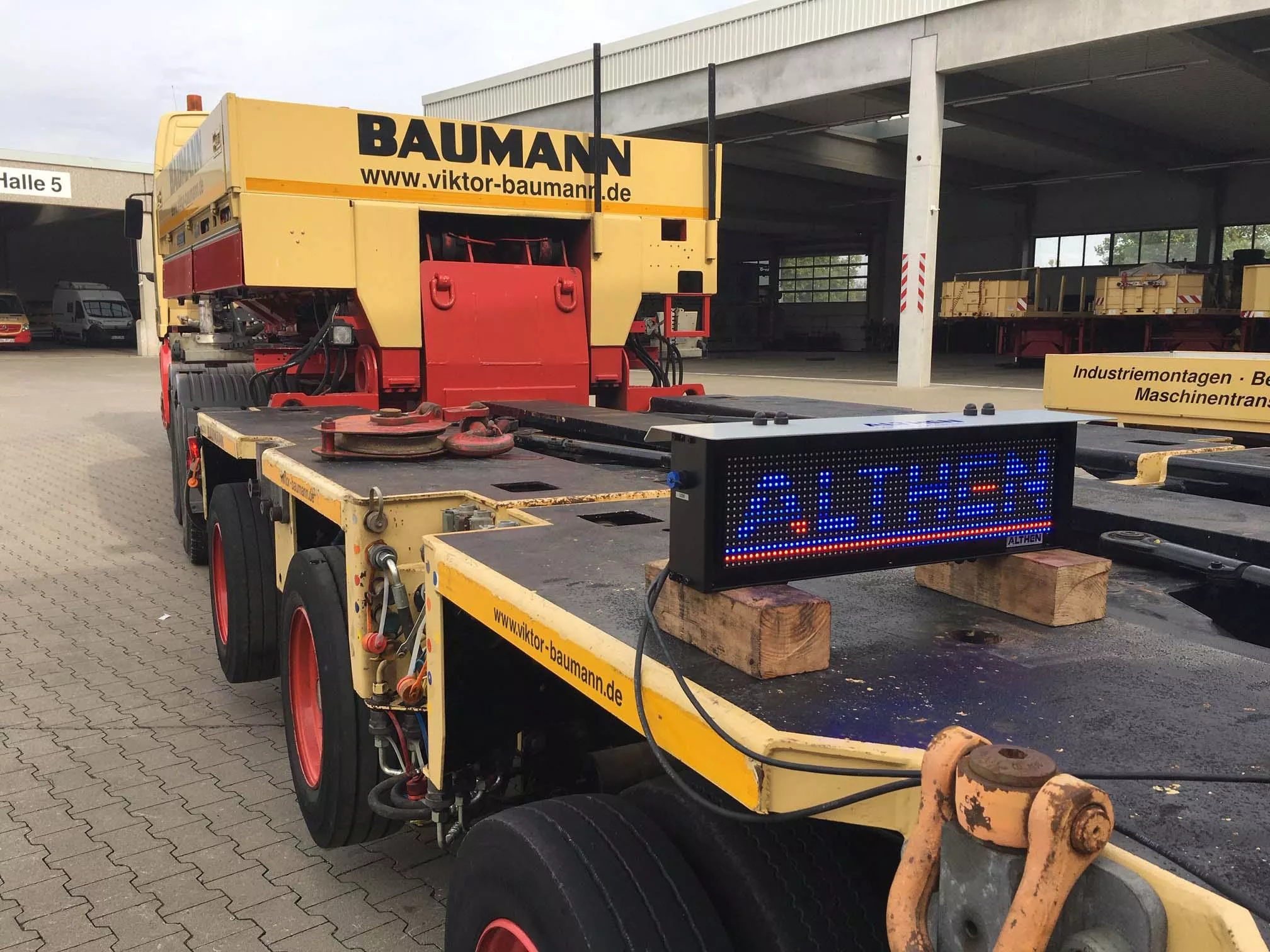
A measuring system consists of one or more sensors and the appropriate measuring amplifier and measurement data acquisition system. As an experienced partner, Althen provides you with everything from a single source. Regardless of whether you are looking for a measuring amplifier for a strain gauge transducer or a multi-channel measuring system for force/displacement measurement with measurement data recording on a PC - we have the right solution for you.
Our measurement systems are designed to add value to the manufacturing, research and test processes of our customers. We develop and manufacture complete systems for different types of applications across a wide range of industries.
Measuring systems are technical systems that record, process and analyse physical, chemical or electrical variables. They usually consist of several components, including sensors, signal processing units and data output or storage systems. The main task of a measuring system is to determine and visualise measured values precisely and reliably and, if necessary, to pass them on to other systems.
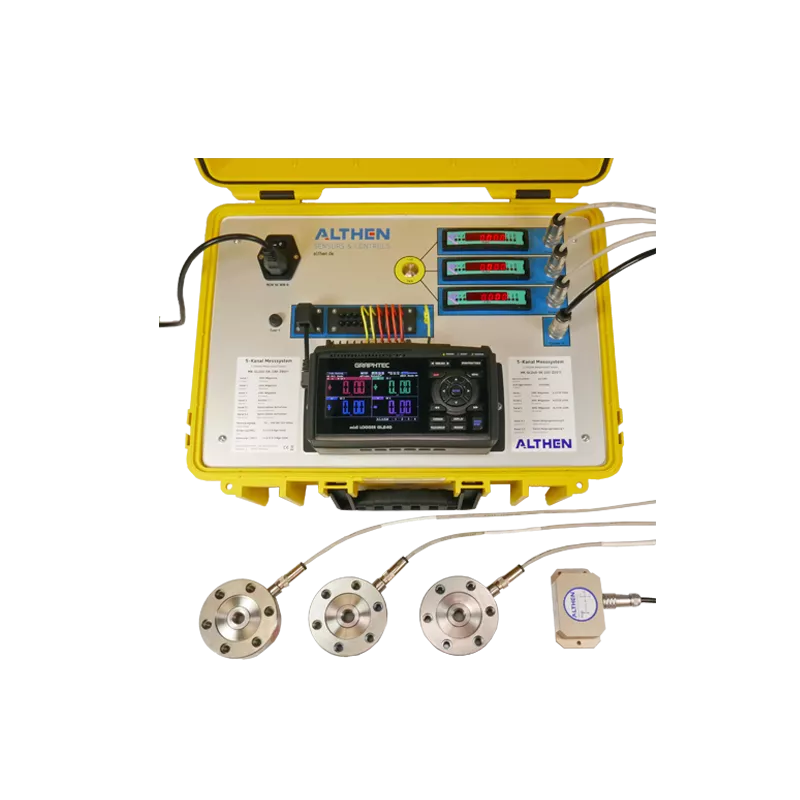
Measuring systems work in several stages:

Our measuring systems not only include the sensors, signal conditioning and display or recording, but can also be supplied with all the necessary cables, power supply units and other accessories on request. It is also possible to integrate the measuring system into customised housings. Measuring systems are therefore much more than a combination of components such as sensors and electronics. Rather, every customer can rely on the help of our specialists at any time, at the start of project planning, during order and order processing and after delivery. Our experts analyse the customer's requirements from our wide range of sensors and select the right sensor for the application as well as the other components for the configuration of the complete measuring system. We also help with commissioning and recalibration after delivery.
Yes, the calibration of measuring systems is necessary to ensure the accuracy and reliability of the measurements. Sensors, amplifiers and signal processing units are subject to deviation due to ageing, environmental influences or mechanical stress, which can affect measurement accuracy. Calibration is carried out by testing the measuring system with known reference values in order to determine deviations and adjust them if necessary. In many applications, particularly in industry, medical technology and research, regular calibration is required in accordance with norms and standards such as ISO 9001 or FDA guidelines. You can have your systems calibrated quickly and cost-effectively at Althen.

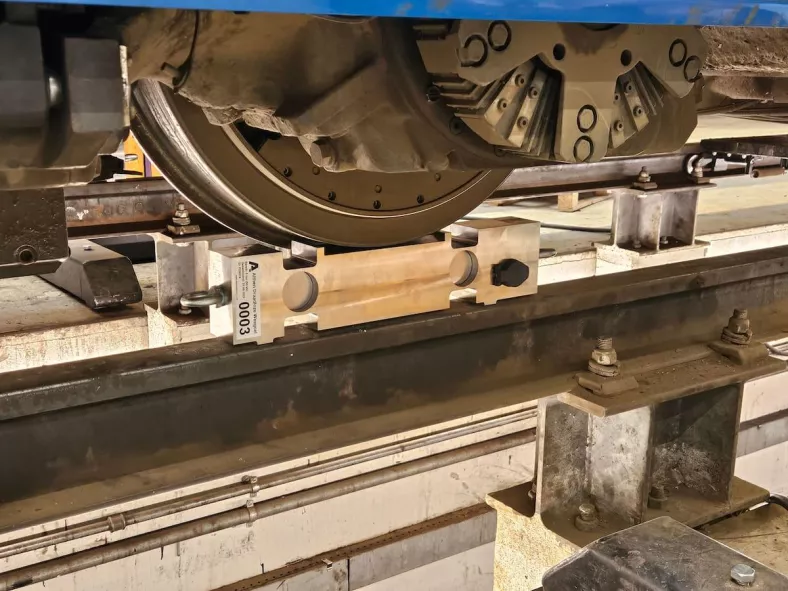

Tailor-made or complete customized. We are happy to help you!
Choosing the right measurement system depends on several factors that should be carefully considered. A systematic approach can help you find the best solution for your requirements.

